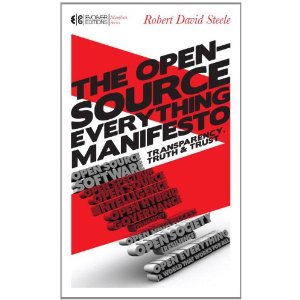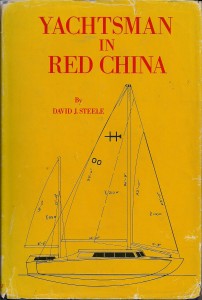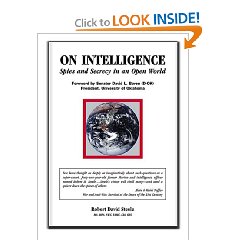
![]() PREPARE TO HAVE YOUR MIND BLOWN!,June 24, 2012
PREPARE TO HAVE YOUR MIND BLOWN!,June 24, 2012
If there's a single Founding Father of the Open Source movement, Robert D. Steele is it. Everyone else has been playing catchup. And if you don't know what the Open Source revolution is, you need to read this book. You don't even need to know why! You need to buy it, read it, and then you'll *know* why. No other book on Open Source can open your eyes the way this one can. That's because there's no potential use of Open Source intelligence that Steele hasn't anticipated. Collective Intelligence is coming! It's an unstoppable force. And it will change everything. So if you like to know about things like that in advance, you need to buy this book.
The information age that was created by personal computers was just a kiddie car with a squeaky horn. By comparison, the open source revolution is a freight train. Its potential to change your world is orders of magnitude greater. This is not hyperbole. In fact superlatives can't begin to express the ground-shaking potential of this next wave of human evolution.






